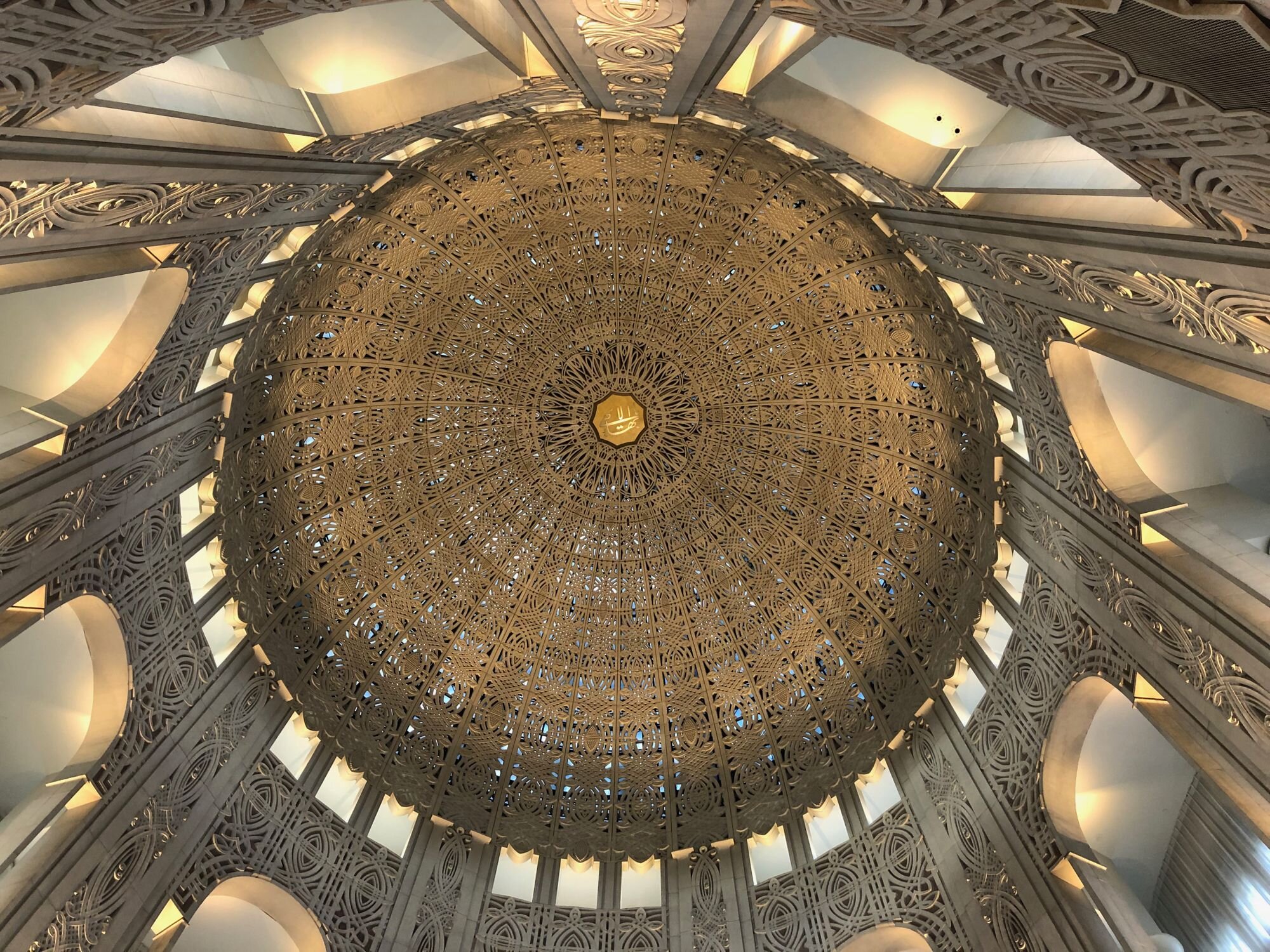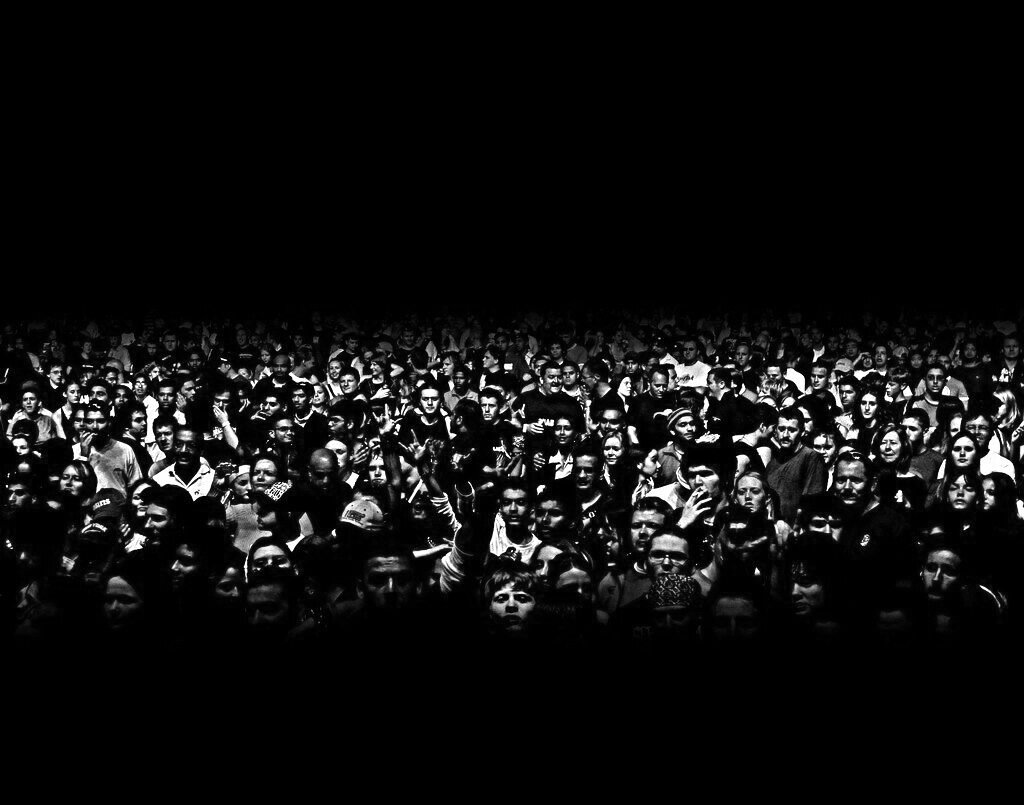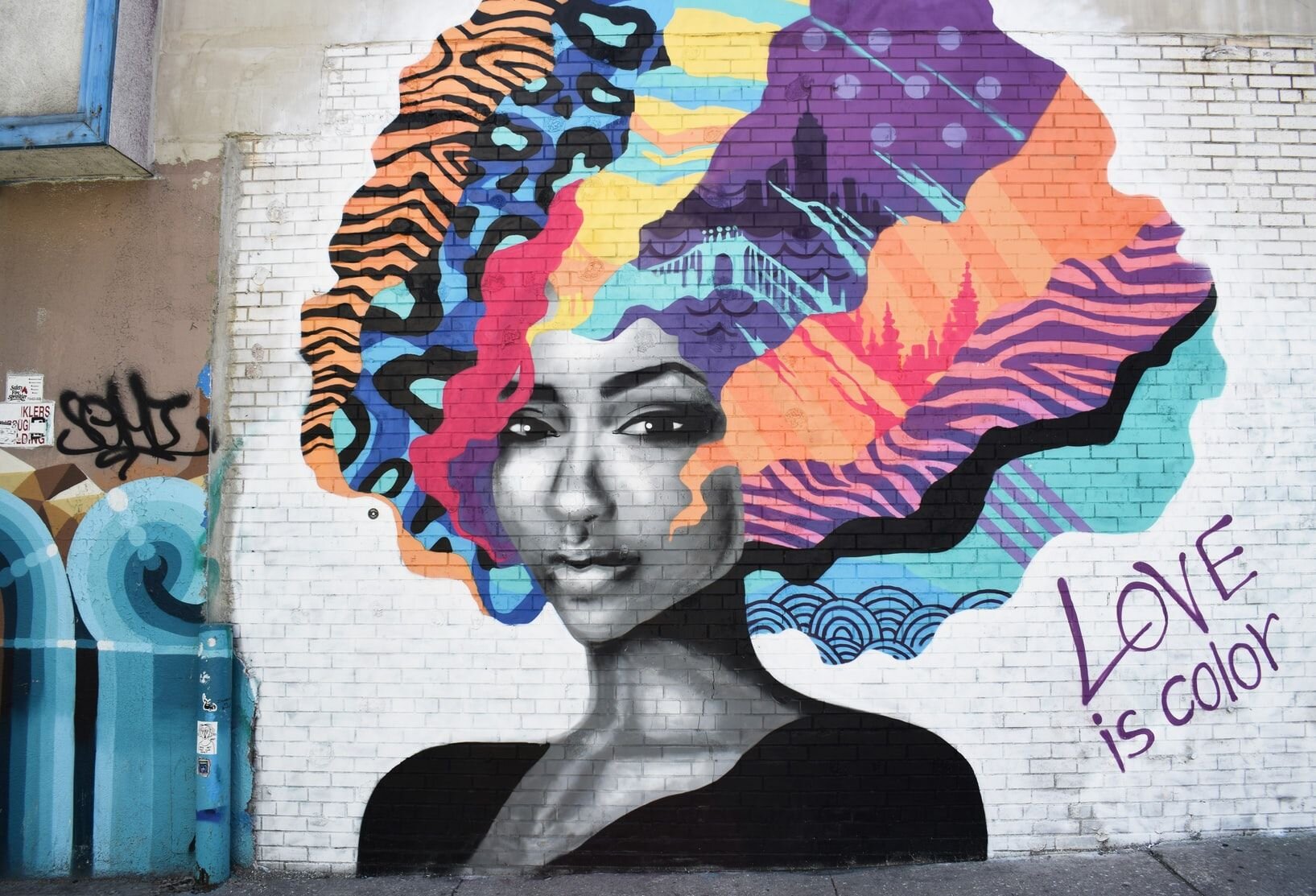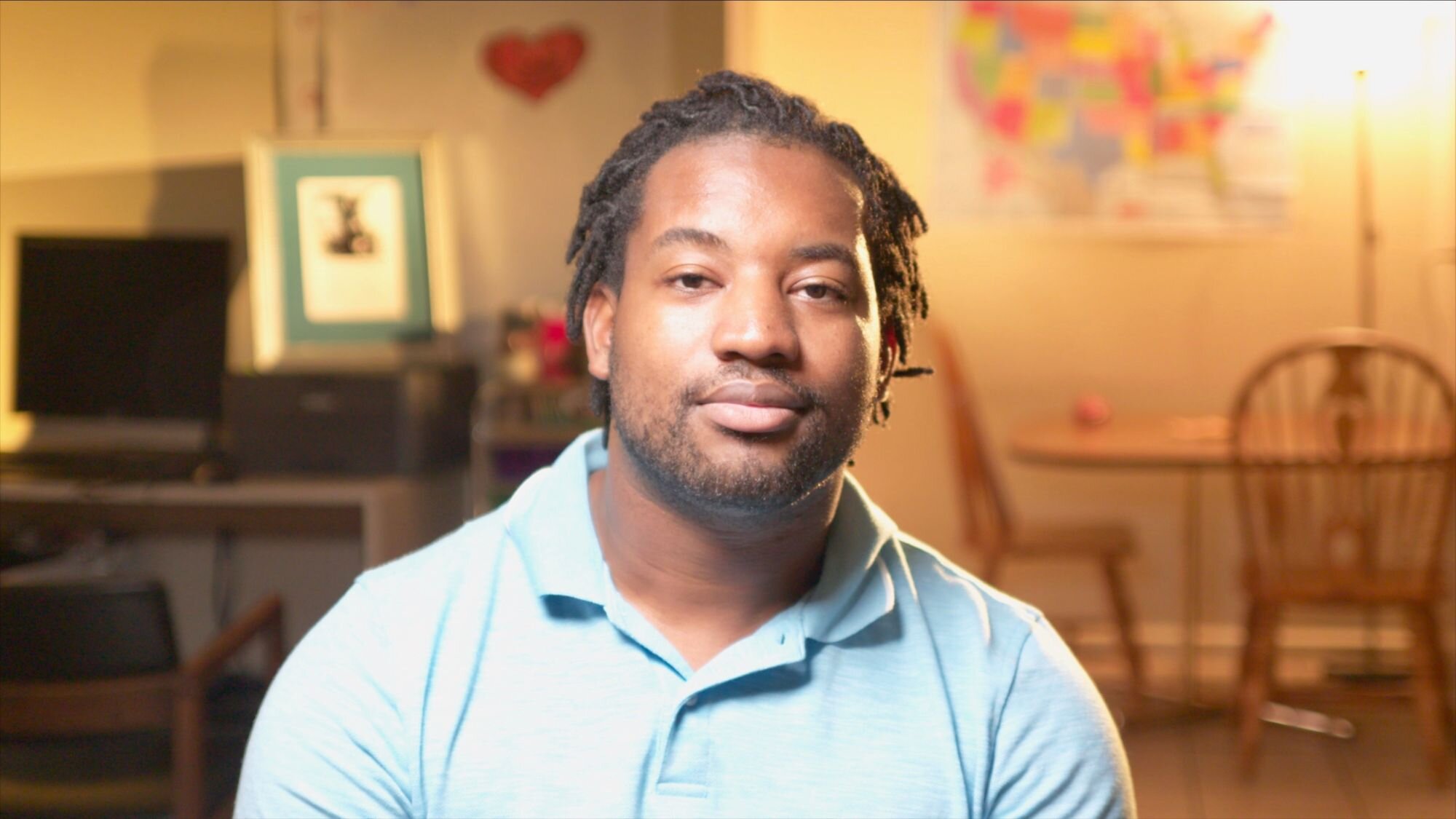
And if thine eyes be turned towards justice, choose thou for thy neighbor that which thou choosest for thyself.
- Bahá'u'lláh
If you are interested in attending Racial Justice activities or in receiving more information about the oneness of humanity,
please call or text (520) 393-9030,
or complete the Get in Touch form. Information and zoom links will be sent to you from information@tucsonbahai.org.
The Baha'is are a worldwide religious community with about 175,000 Baha'is living in the United States. Baha'is believe in the oneness of humanity – among many other principles – and racial unity. The Baha'i Faith began in Iran, in the mid-19th century; since the 1979 Islamic Revolution in that country, Iranian Baha'is have been persecuted for their beliefs. The US Baha'i community has an official site where you can learn more about the faith and its members.
The oneness of humanity, and achieving unity between all races, is a central feature of the Baha'i teachings.

The best beloved of all things in my sight is Justice.
— Bahá'u'lláh
Framework for Exploring Racial Justice
“There is no force on earth that can equal in its conquering power the force of justice and wisdom”
- Bahá’u’lláh
What Bahá’ís Believe
Bahá’ís believe in peace, justice, love, altruism and unity. The Bahá'í teachings promote the agreement of science and religion, the equality of the sexes and the elimination of all prejudice and racism.
Uniting Humanity
“In thousands upon thousands of locations around the world, the teachings of the Bahá’í Faith inspire individuals and communities as they work to improve their own lives and contribute to the advancement of civilization. Bahá’í beliefs address such essential themes as the oneness of God and religion, the oneness of humanity and freedom from prejudice, the inherent nobility of the human being, the progressive revelation of religious truth, the development of spiritual qualities, the integration of worship and service, the fundamental equality of the sexes, the harmony between religion and science, the centrality of justice to all human endeavours, the importance of education, and the dynamics of the relationships that are to bind together individuals, communities, and institutions as humanity advances towards its collective maturity.”
— bahai.org
Elimination of Prejudice
“The world of humanity is possessed of two wings: the male and the female,” observed ‘Abdu’l-Bahá. “So long as these two wings are not equivalent in strength, the bird will not fly.”
No ethnic or cultural grouping is superior to another. All receive God’s love in equal measure. ‘Abdu’l-Bahá said: “God is the Shepherd of all and we are His flock. There are not many races. There is only one race.”
Recognition by the biological and social sciences of only one human species removes any basis for racial prejudice. Every individual, from whatever background, can contribute to the betterment of the world.
Racism retards the potentiality of its victims, corrupts its perpetrators, and blights human progress. If this problem is to be overcome, the oneness of humanity must be universally upheld and protected by law and through social policies.”
— bahai.org
Unity in Diversity
“Consider the flowers of a garden: though differing in kind, colour, form and shape, yet, inasmuch as they are refreshed by the waters of one spring, revived by the breath of one wind, invigorated by the rays of one sun, this diversity increaseth their charm, and addeth unto their beauty. Thus when that unifying force, the penetrating influence of the Word of God, taketh effect, the difference of customs, manners, habits, ideas, opinions and dispositions embellisheth the world of humanity. This diversity, this difference is like the naturally created dissimilarity and variety of the limbs and organs of the human body, for each one contributeth to the beauty, efficiency and perfection of the whole. When these different limbs and organs come under the influence of man’s sovereign soul, and the soul’s power pervadeth the limbs and members, veins and arteries of the body, then difference reinforceth harmony, diversity strengtheneth love, and multiplicity is the greatest factor for co-ordination.
How unpleasing to the eye if all the flowers and plants, the leaves and blossoms, the fruits, the branches and the trees of that garden were all of the same shape and colour! Diversity of hues, form and shape, enricheth and adorneth the garden, and heighteneth the effect thereof. In like manner, when divers shades of thought, temperament and character, are brought together under the power and influence of one central agency, the beauty and glory of human perfection will be revealed and made manifest. Naught but the celestial potency of the Word of God, which ruleth and transcendeth the realities of all things, is capable of harmonizing the divergent thoughts, sentiments, ideas, and convictions of the children of men. Verily, it is the penetrating power in all things, the mover of souls and the binder and regulator in the world of humanity.” – Abdu’l-Baha, Selections from the Writings of Abdu’l-Baha, pp. 291-292.
— Abdu’l-Baha, Selections from the Writings of Abdu’l-Baha, pp. 291-292.

Race Unity in America
Antonio Smith
Antonio Smith, 27, grew up in Memphis, Tennessee, lived in 15 homes and attended 10 schools, met his biological father at the age of 17, was twice hit by a car and nearly lost his hearing, before finding Christ, winning a scholarship to Brown University, and then discovering the Baha'i faith. Today he is active in community service and other educational activities.
Resolving racism for the good of all humanity
The Bahá'í writings say if we don't address racism then the world will have nowhere to turn during its great turmoil.
What people think Black people do
I was an intellectual- my school didn't know how to handle somebody who wasn't stereotypically black.

““What the contemporary mind stands greatly in need of is the divorce of the association of uniformity with the notion of the universal,” ”

Get in touch
If you are interested in attending our upcoming events via Zoom and become part of the change, please complete the Get in Touch form and zoom links will be sent to you from information@tucsonbahai.org.



